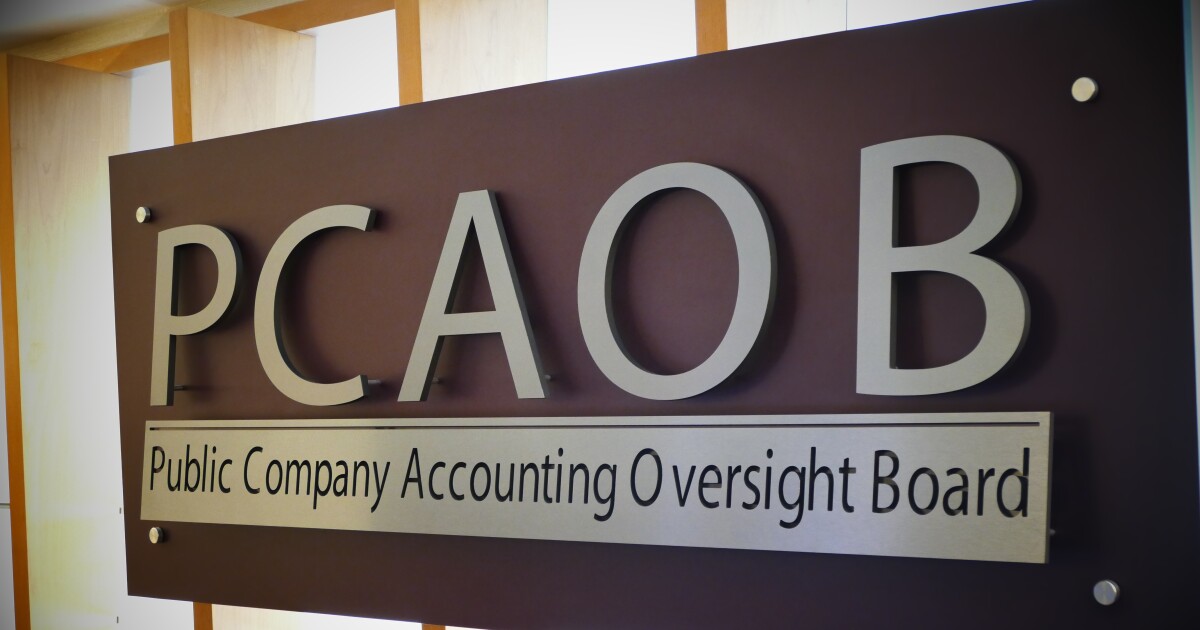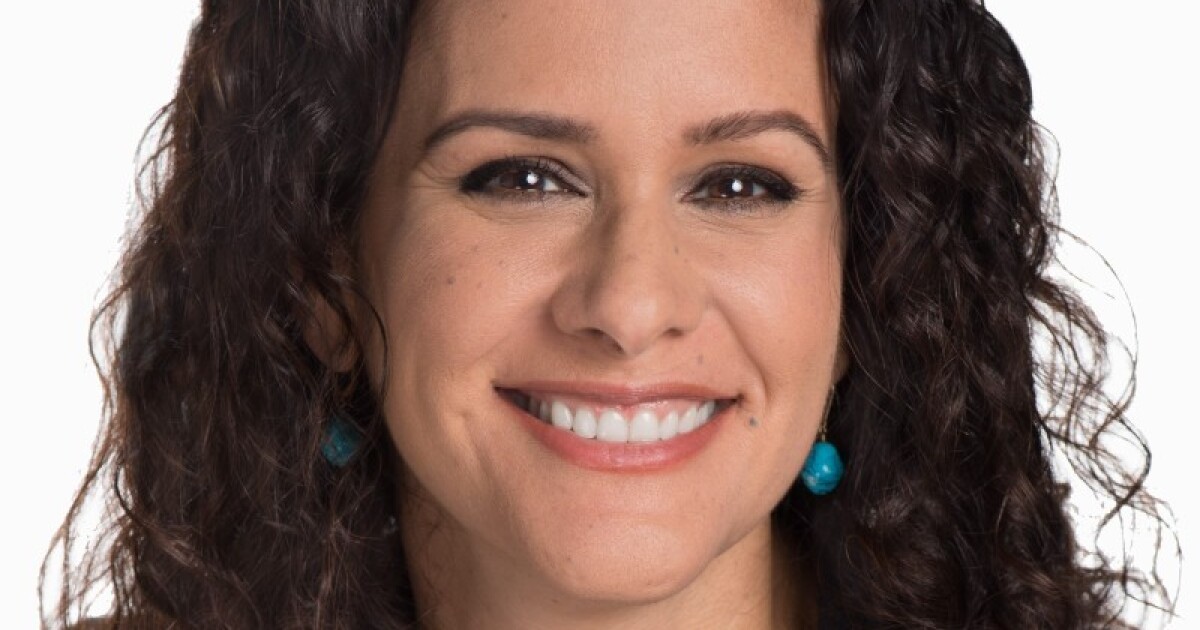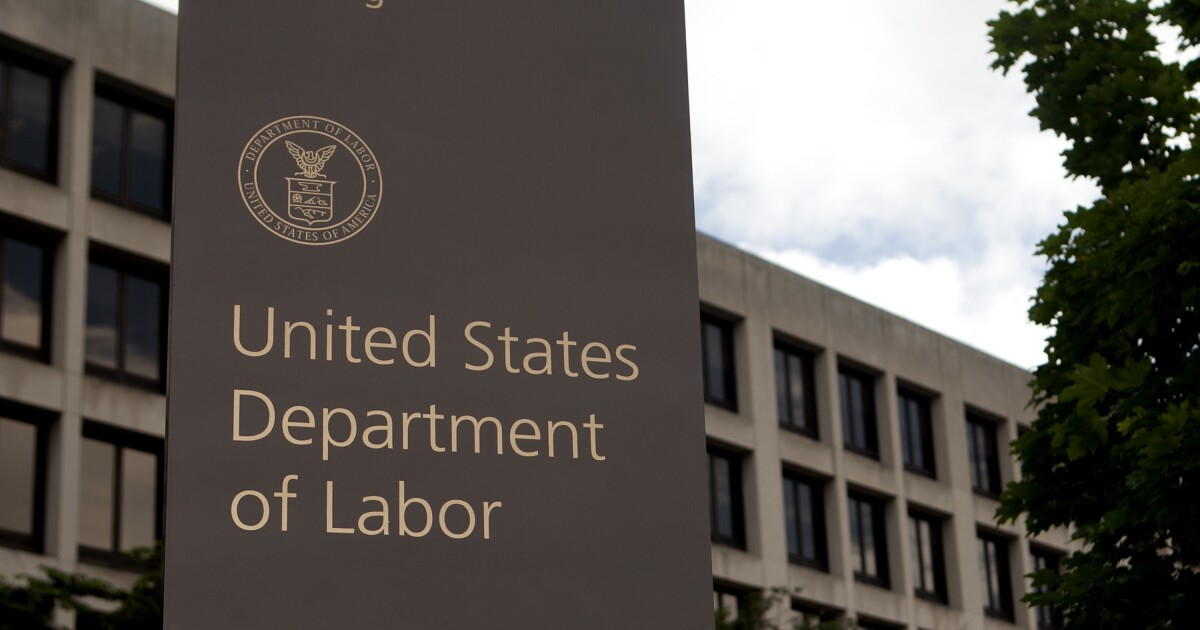Employment rose by a stronger than expected 228,000 jobs in March, although the unemployment rate inched up one-tenth of a point to 4.2%, the U.S. Bureau of Labor Statistics reported Friday.
Despite the mostly upbeat jobs report, the stock markets nevertheless plunged amid widespread concern over the steep “reciprocal” tariffs announced Wednesday by President Trump.
The professional and business services sector added 3,000 jobs, but lost 700 jobs in accounting, tax preparation, payroll and bookkeeping services. The biggest job gains occurred in health care, social assistance, transportation and warehousing. Employment also grew in the retail trade industry, in part due to the return of workers from a strike in the food and beverage industry. But federal government employment declined by 4,000 in March, after a loss of 10,000 in February, amid job cuts ordered by the Elon Musk-led Department of Government Efficiency. However, the Internal Revenue Service is reinstating approximately 7,000 probationary employees who had been placed on paid administrative leave and asking them to return to work by April 14.
Average hourly earnings rose in March by 9 cents, or 0.3%, to $36.00. Over the past 12 months, average hourly earnings have increased 3.8%.
Trump boasted about the jobs report in an all-caps post on Truth Social, writing, “GREAT JOB NUMBERS, FAR BETTER THAN EXPECTED. IT’S ALREADY WORKING. HANG TOUGH, WE CAN’T LOSE!!!”
Congressional Democrats disagreed. “Unemployment is rising, and this seems to be the last report buoyed by Democrats’ blockbuster job creation,” said House Ways and Means Committee ranking member Richard Neal, D-Massachusetts, in a statement. “Recession odds are getting higher by the day as Trump plagues our economy with the largest tax hike in decades. Wages would need to skyrocket for the people to weather Trump’s higher prices and needless uncertainty. This report doesn’t yet reflect the dangerous firings of thousands of public servants or the layoffs that started hours after he announced the Trump Tariff Tax. This administration is ruling through the lens of billionaires — sacrificing workers’ paychecks, destroying trillions of dollars in savings and retirement wealth, readying more than $7 trillion in tax giveaways to primarily benefit the rich, all to bring down interest rates, and ultimately, pad their own pockets.”
Economists are predicting fallout from the historic tariff increases announced by Trump. “We now have more clarity on the trade policy following ‘Liberation Day’ on April 2,” wrote Appcast chief economist Andrew Flowers. “The average effective tariff rate is now above the level set by the Smoot-Hawley tariffs in 1930. This is one of the largest changes to economic and global trade policy since President Nixon’s decision to move away from the gold standard more than 50 years ago. The impending fallout from retaliatory tariffs from our trading partners across Europe and Asia will radically shift employment growth across manufacturing, retail and construction as consumer goods prices rise.”


 Economics1 week ago
Economics1 week ago
 Economics1 week ago
Economics1 week ago
 Personal Finance1 week ago
Personal Finance1 week ago
 Economics1 week ago
Economics1 week ago
 Accounting7 days ago
Accounting7 days ago
 Economics1 week ago
Economics1 week ago
 Economics1 week ago
Economics1 week ago
 Personal Finance1 week ago
Personal Finance1 week ago












